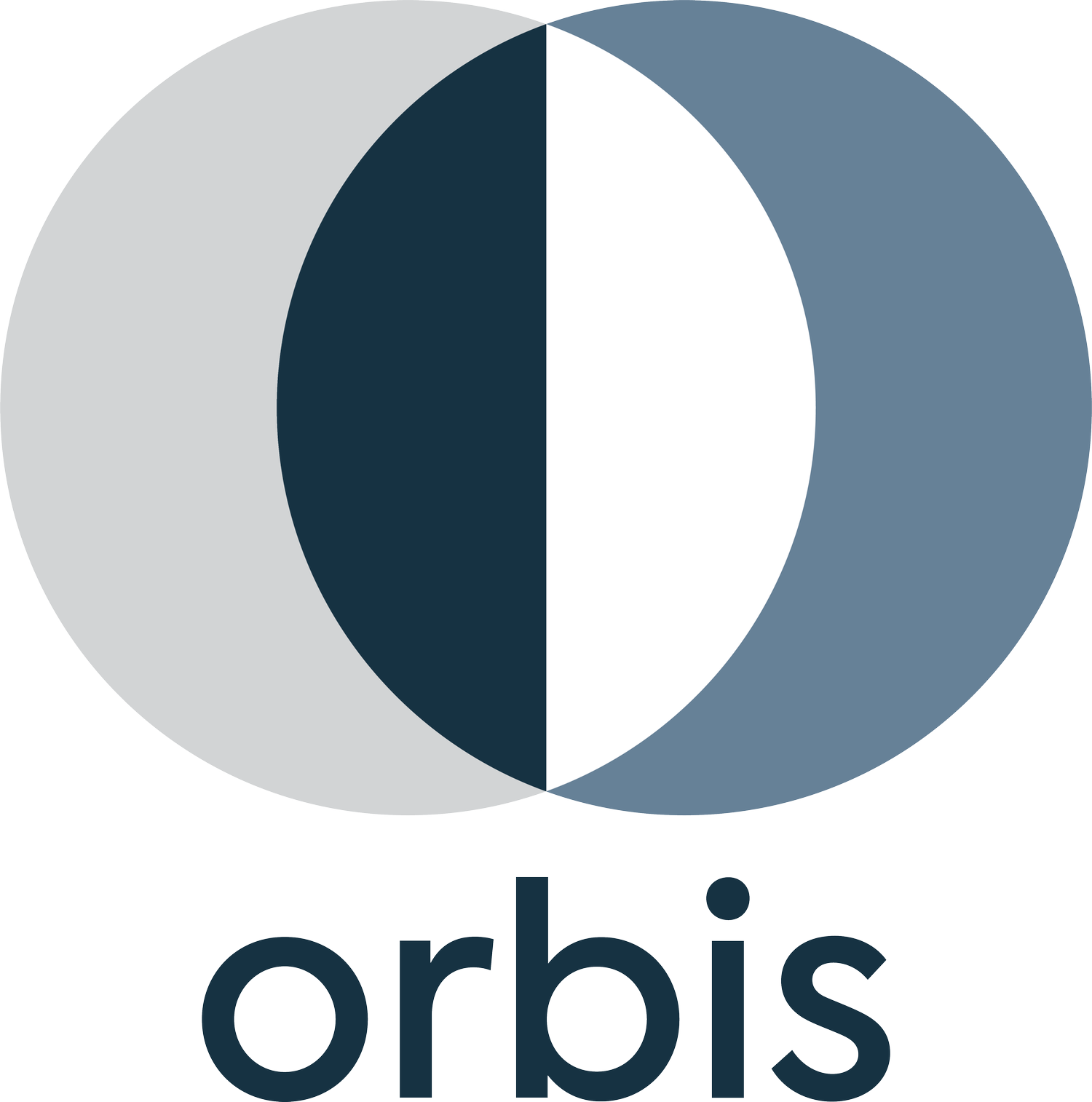GRESB Real Estate 2019
GRESB (Global Real Estate Sustainability Benchmark) assesses and benchmarks the Environmental, Social & Governance (ESG) performance of real estate assets, providing standardized and validated data to the capital markets, so that their investors can make better informed decisions and help ensure their own ESG requirements are met. It also helps the asset managers review their portfolio against their peers and identify areas for improvement from a sustainability perspective, with the ultimate aim of adding value and optimizing performance.
The assessments are guided by what investors and the industry consider to be material issues in the sustainability performance of real asset investments and are aligned with international reporting frameworks such as the Global Reporting Initiative (GRI) [3] and Principles of Responsible Investment (PRI) [4].
In 2018 GRESB assessed 903 real estate funds and property companies, 75 infrastructure funds, 280 infrastructure assets and 25 debt portfolios. [1] This is up from a total of 850 entities in 2018.
Key timelines:
On 1st April the portal to Real Estate Participants along with the new updated questionnaire opened.
Key updates:
The main focus of the 2019 assessment development process seems to have been around enhancements to asset-level reporting functionality and the integration of selected Health & Well-being Module elements. Below is a summary of the key changes from the 2018 response requirements.
Continuous, all year use of the GRESB Asset Portal and API, with year round availability of the Asset Portal and API, assets can be added and edited throughout the year. Added data can then be used during the reporting period for aggregation to portfolio level indicators.[2].
Update checks have been made in the asset portal and improved guidance for asset level reporting have also been made. The updates to data integrity rules and live validation are designed to simplify reporting and improve data quality.
The access to the Template Tool is no longer restricted to members. The Template Tool enables participants to copy information across multiple submissions, reducing the amount of time spent replicating information across entities held by the same fund manager.[2].
The Validation Interview process has changed structure and will be mainly based on a desktop review. Note that the telephone call will still take place.[2].
The most exciting addition this year is the fact that a selection of Health & Well-being indicators have been incorporated into the Real Estate Assessment. With the release of the 2018 results and after a successful 3-year cycle, the Health & Well-being Module has served its purpose as an exploratory vehicle and incubator for new indicators and now a selection of health & well-being indicators have been incorporated into the GRESB Real Estate Assessment, effectively making these indicators a reporting requirement for all GRESB participants. The newly introduced Health & Well-being indicators are grouped as a separate section in the Stakeholder Engagement aspect [2].
How we can support:
Members of our team have a wealth of experience managing the whole GRESB process from beginning to end and have submitted numerous responses.
Our services:
To fully manage the GRESB process on your behalf: data collection & verification, analysis and submission.
Engagement with relevant stakeholders including tenants and property management to ensure all information is collected and to allow for submission benefits from stakeholder engagement.
Development of an action plan to optimise your GRESB score and increase investor satisfaction.
Orbis Advisory work across a broad range of sectors to develop and support ESG strategies to meet investor demands, prepare for upcoming legislative changes, and create tangible benefits both now and in the future. Please see our website to explore our full range of services, or send an email to info@orbisadvisory.com for any inquiries.


